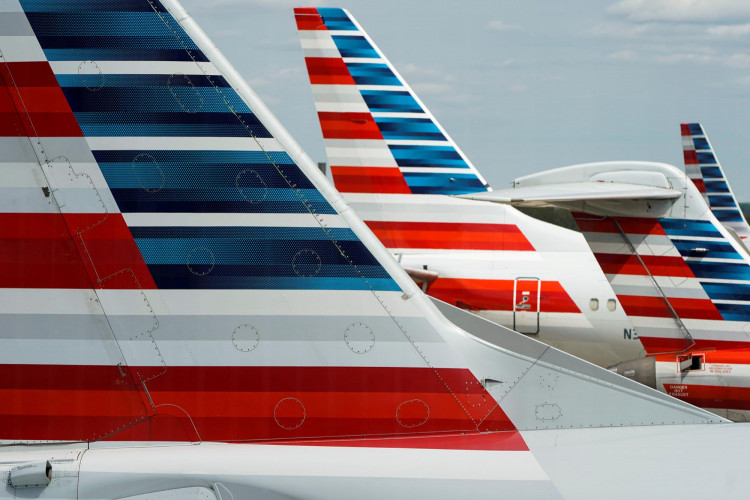Major U.S. airlines have filed a lawsuit against the Department of Transportation (DOT) over new regulations requiring the upfront disclosure of all airline fees. The lawsuit, lodged in the U.S. Fifth Circuit Court of Appeals by carriers including Alaska, American, Delta, Hawaiian, JetBlue, and United, as well as the industry lobby group Airlines For America (A4A), claims that the DOT exceeded its authority with these new rules.
The dispute centers on a regulation announced on April 24 by Transportation Secretary Pete Buttigieg, which mandates that airlines must clearly disclose all fees for checked and carry-on bags, as well as for changes and cancellations, at the time of ticket purchase. This rule aims to enhance transparency for consumers, allowing them to understand the true cost of a trip before committing to a purchase. "Healthy competition requires that as a consumer you can comparison shop, which means knowing the real price of a trip before and not after you buy," Buttigieg stated when unveiling the new rule.
According to the DOT, these changes are projected to save consumers approximately $500 million annually. The agency argues that many passengers are currently overpaying for fees due to a lack of upfront disclosure, often encountering higher charges at the airport for services such as checked baggage.
However, the airlines and A4A argue that the new rule is "arbitrary and capricious," contending that it imposes unnecessary complexity on the booking process. "The ancillary fee rule by the Department of Transportation will greatly confuse consumers who will be inundated with information that will only serve to complicate the buying process," A4A said in a statement. The group also criticized the DOT's attempt to regulate what it describes as a thriving market, suggesting that such intervention is beyond the department's legal authority.
The airlines' lawsuit emphasizes that the current marketplace already provides adequate fee transparency, claiming that airlines disclose all necessary information before a ticket is purchased. They describe the DOT's rule as a "bad solution in search of a problem," maintaining that it does not address any significant issues faced by consumers.
Despite the industry's pushback, the DOT remains firm in its position that the new rule will protect passengers from deceptive practices such as "bait-and-switch" pricing, where promotional fares are advertised without disclosing mandatory fees. The regulation requires that all charges, including those for baggage and flight changes, be presented clearly alongside the base fare during the initial stages of the booking process, rather than being buried in hyperlinks or fine print.
The DOT has highlighted that this rule will prevent airlines from advertising low base fares that do not reflect the actual cost of travel. By ensuring that all mandatory fees are included in the displayed price, the DOT aims to prevent consumers from being misled by artificially low promotional fares.
In response to the new regulations, Southwest Airlines, notably absent from the lawsuit, has expressed support for some of the DOT's provisions, though it did not join the legal challenge. Southwest's position contrasts with that of other major airlines, reflecting differing strategies within the industry regarding fee transparency and consumer rights.
The lawsuit represents the latest clash between the airline industry and the Biden administration, which has taken a firm stance on consumer protection in air travel. Last month, President Joe Biden criticized airlines for what he described as "junk fees" and delays in processing refunds, arguing that the new regulations will shield passengers from unexpected costs.






